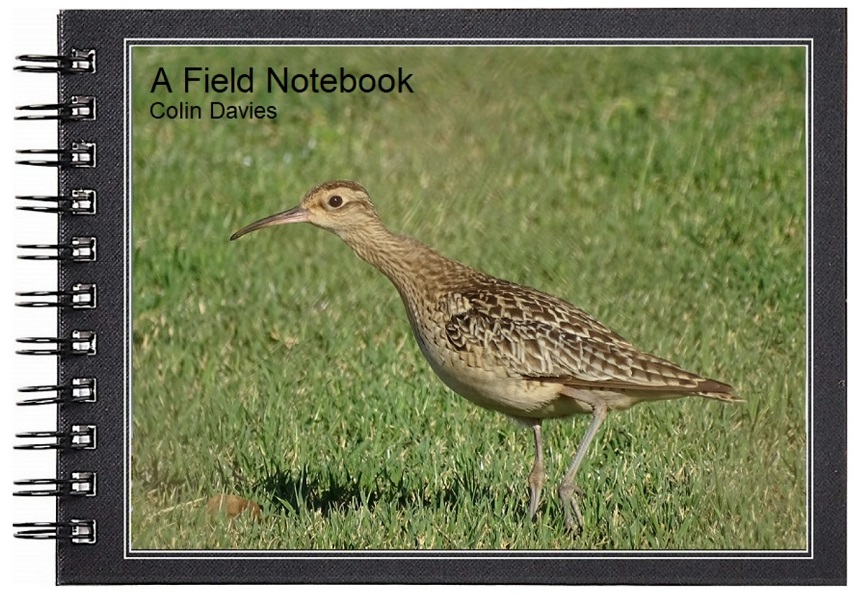If there was a competition to decide the best RSPB reserve, it would be very
hard to look much further than Frampton Marsh in Lincolnshire. Today I watched
two pairs of black-winged stilts with three and two chicks, in amongst large
numbers of avocets. I've no idea exactly how many pairs of the latter there are here, but if
I was told that there were 200 avocet chicks this year I wouldn't be
surprised, the place was covered in them. Lot's of other waders too, around 40
ruff, some with ruffs, hundreds of brick red black-tailed godwits, a flock of
20 greenshank flew over calling and I still can't get the calls of redshank
and oystercatchers out of my ears.
Amazingly while I was there today, a male red-necked phalarope dropped in and
showed well, resplendent in his full breeding plumage, yet only a pale imitation of the magnificent female. Meanwhile 10 spoonbills
were in front of reception, marsh harriers quartered the marsh, corn buntings
sang in the adjacent fields and common terns mobbed me as I walked along the
sea bank close to their colony. A fabulous place.
Black-winged stilt chicks. The species has been around in unusually high
numbers this year and they have bred in several places.
Black-winged stilt chick.
Spoonbills.
Juvenile avocets.
Common tern.
The male black-winged stilt has jet black wings...
....whereas the female is more brown.
This is the second pair with three chicks. Much more distant.
Red-necked phalarope.
Spoonbills.






























No comments:
Post a Comment